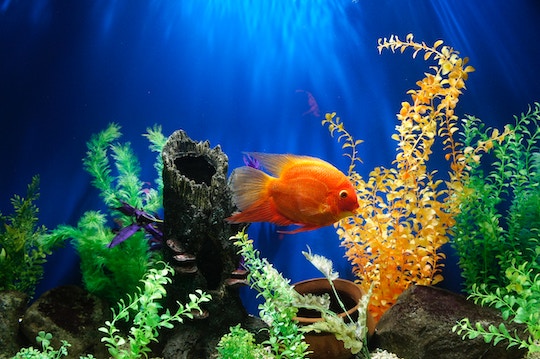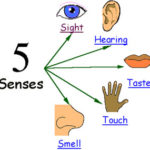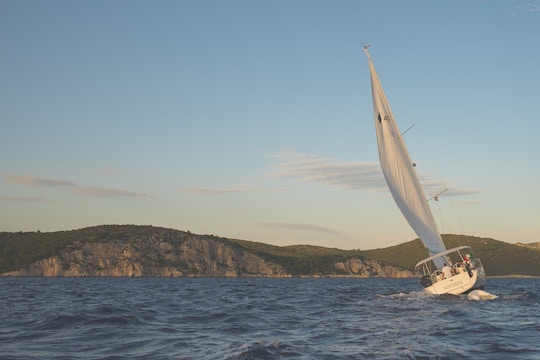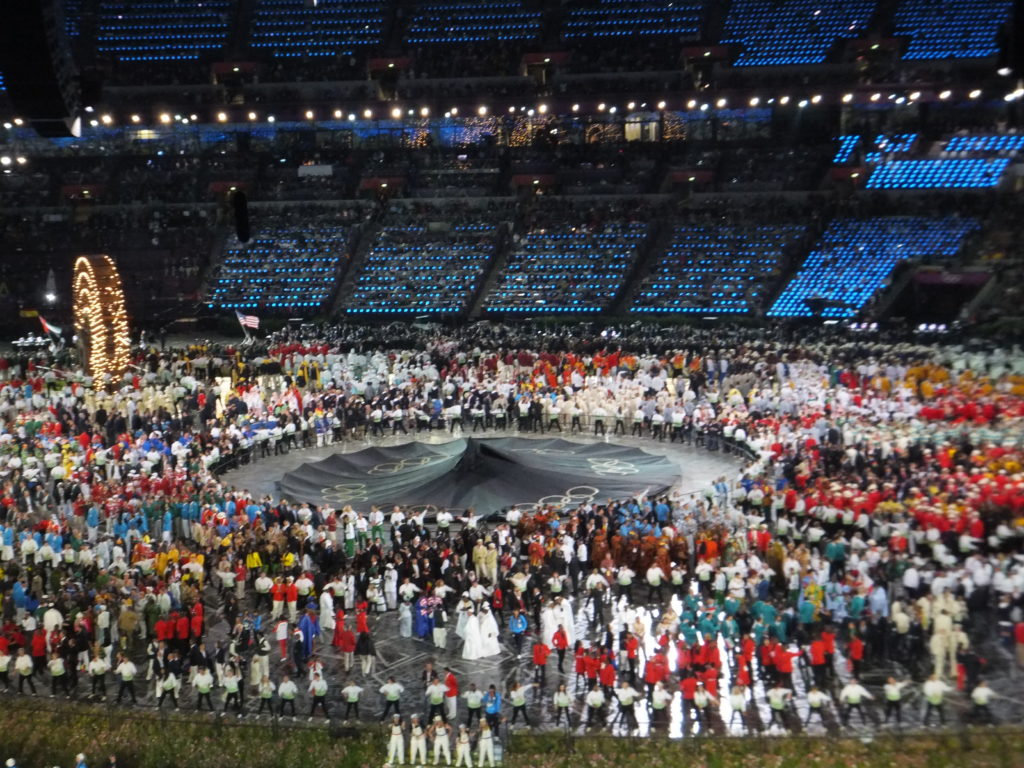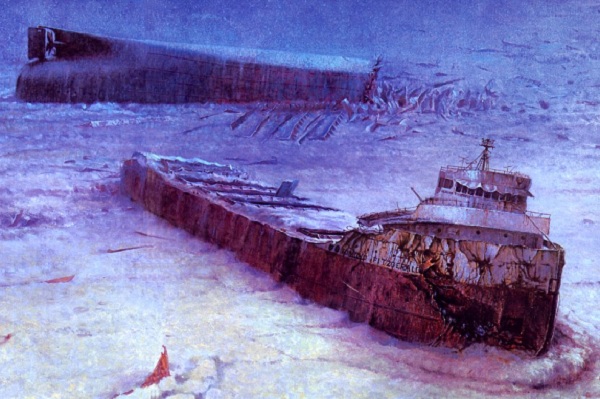“Nobody in the history of the world has ever washed their rental car.”
⏤Author Unknown

Image from ultimatecarwashanddetail.com
Are you familiar with the “Endowment Effect”?
I wasn’t either, until I learned that it is our tendency to undervalue things that aren’t ours, and to overvalue things because we already own them.
Do you, like many people, have drawers, closets, or even entire rooms filled with items that you haven’t used or worn in years? What are these items worth to you, and what might it be costing you in having them take up space in your world?
Consider what you would actually pay for these items, if you didn’t own them already.
EXERCISE:
Imagine that you are planning to change your place of residence. The two criteria I’d like you to consider as you go through the things you own are:
- You will be downsizing your living and storage space by 25-35 percent.
- You must pay a substantial extra fee to bring all non-essential items along.
What would stay, and what would go?
What actions will you take based on your answers?




